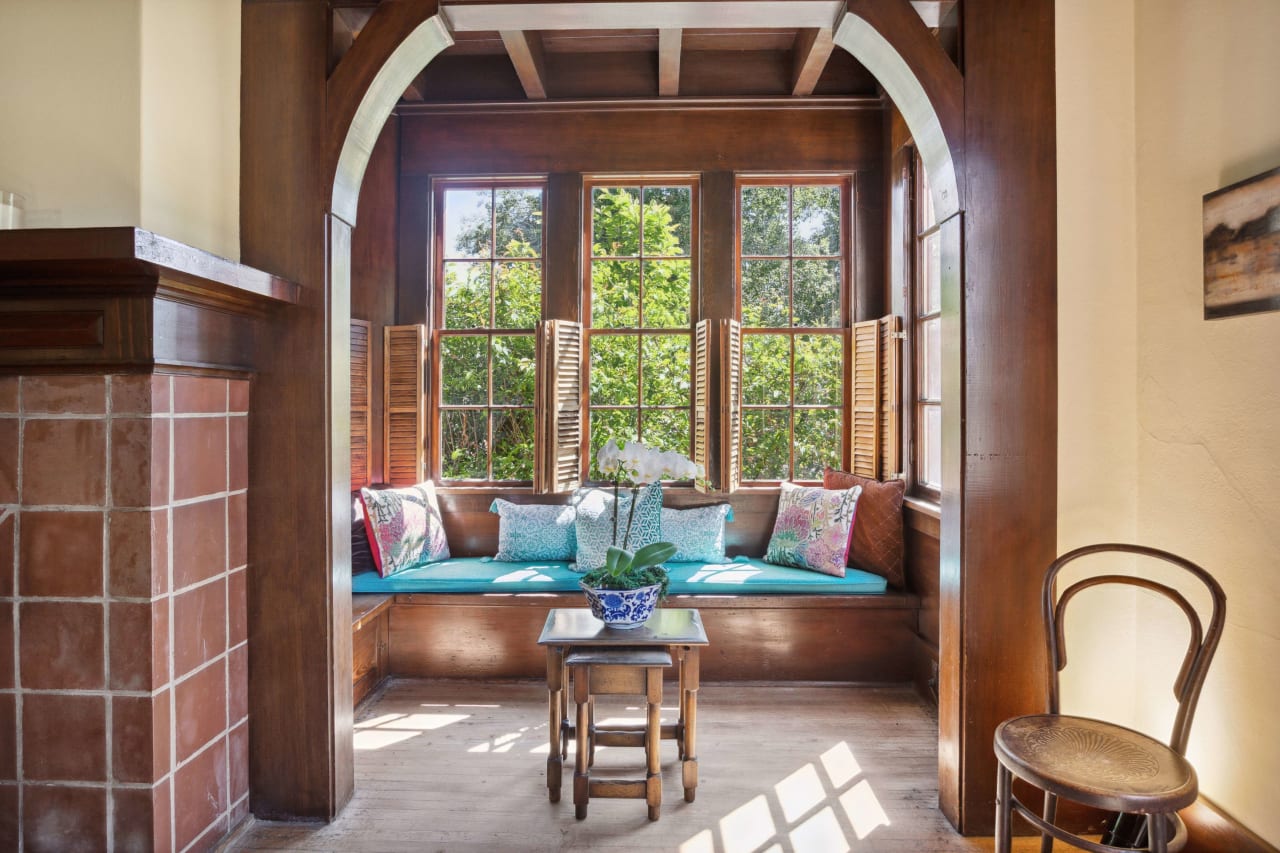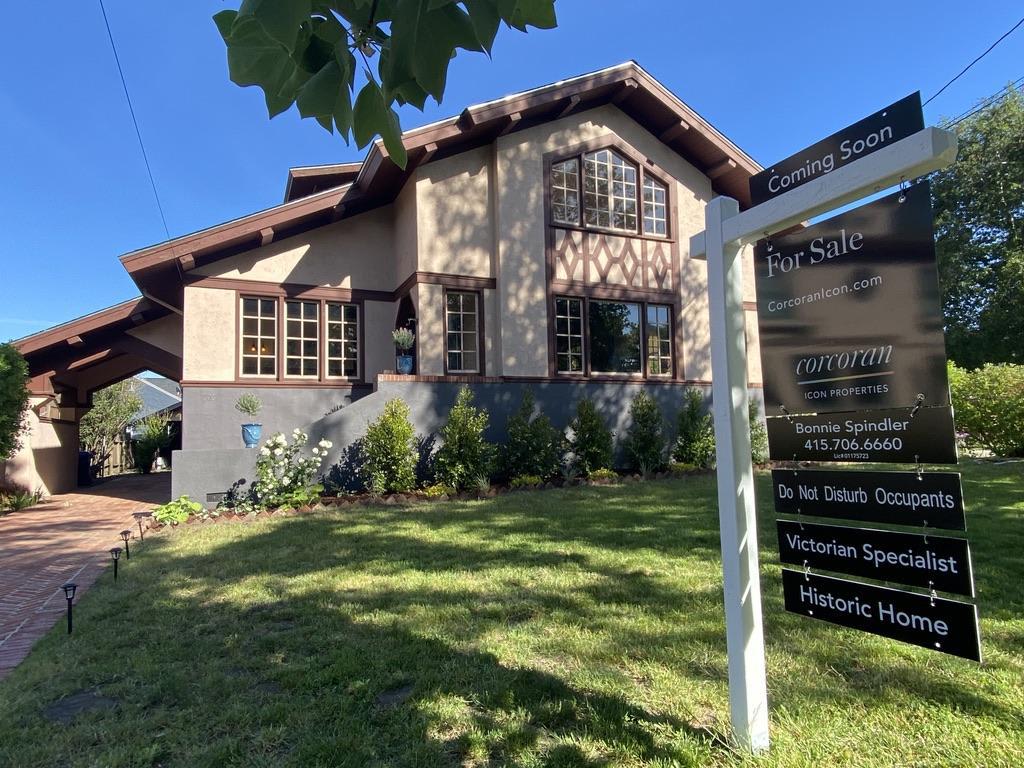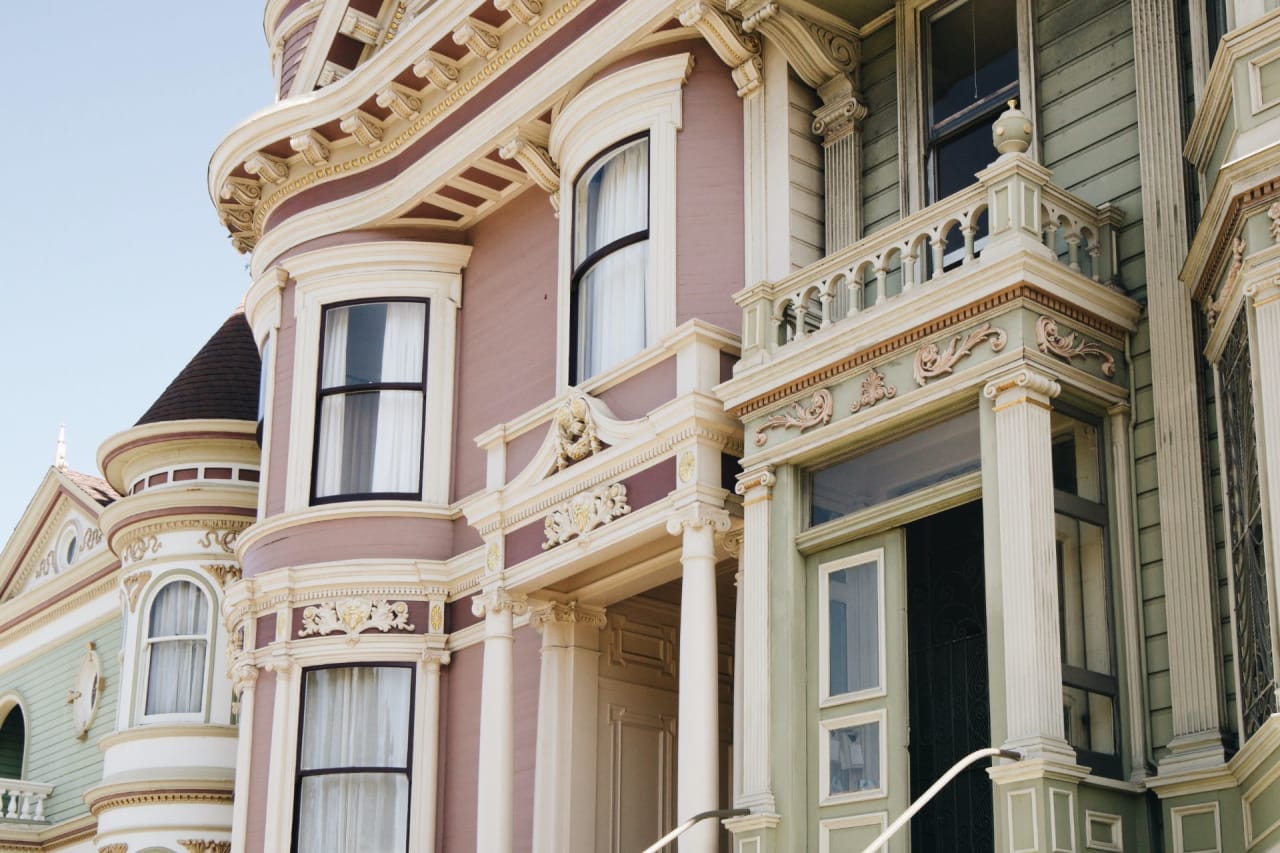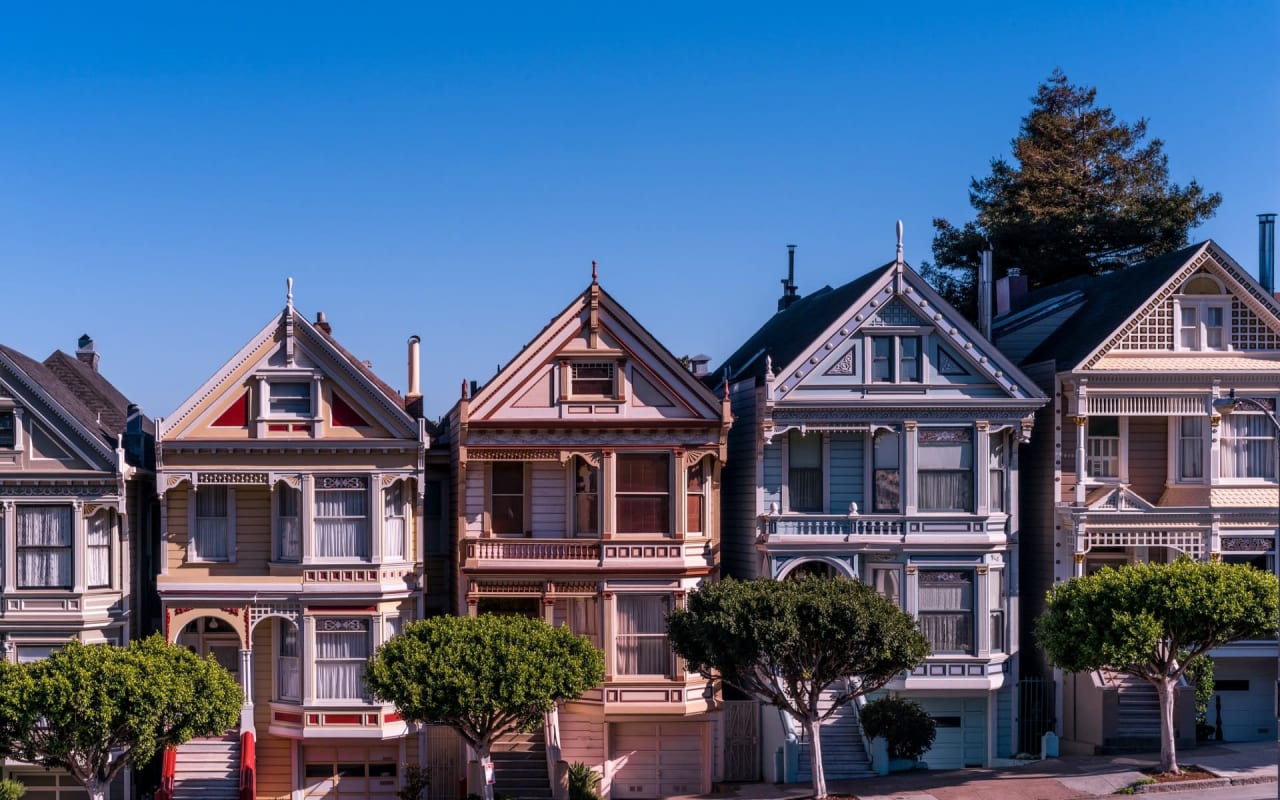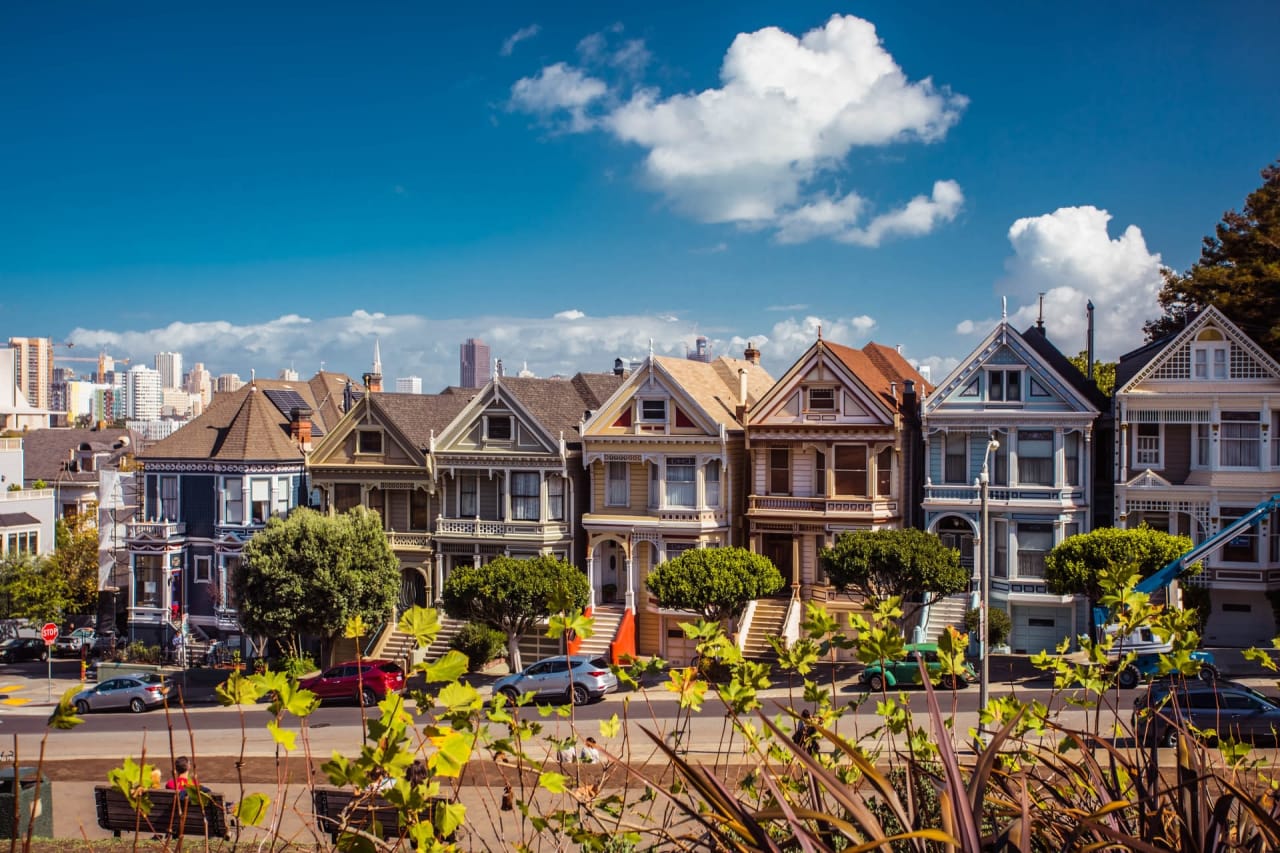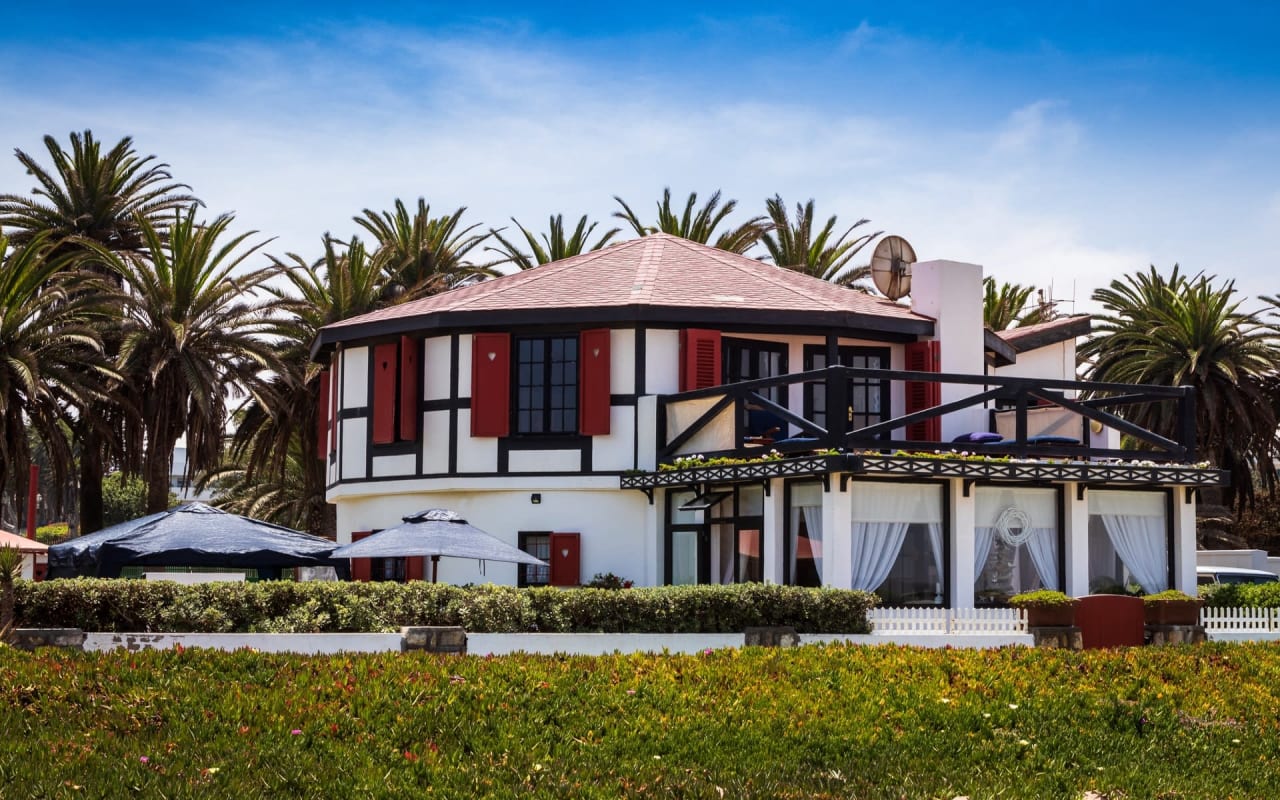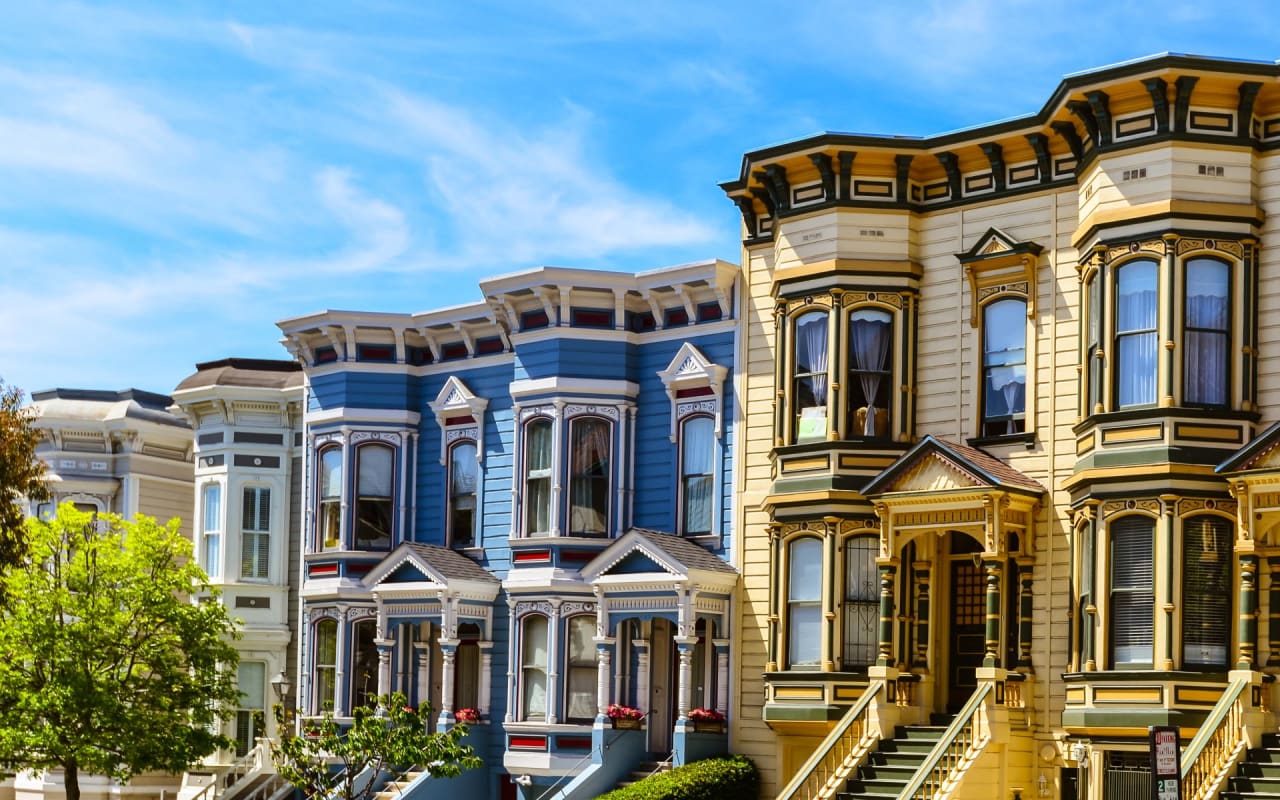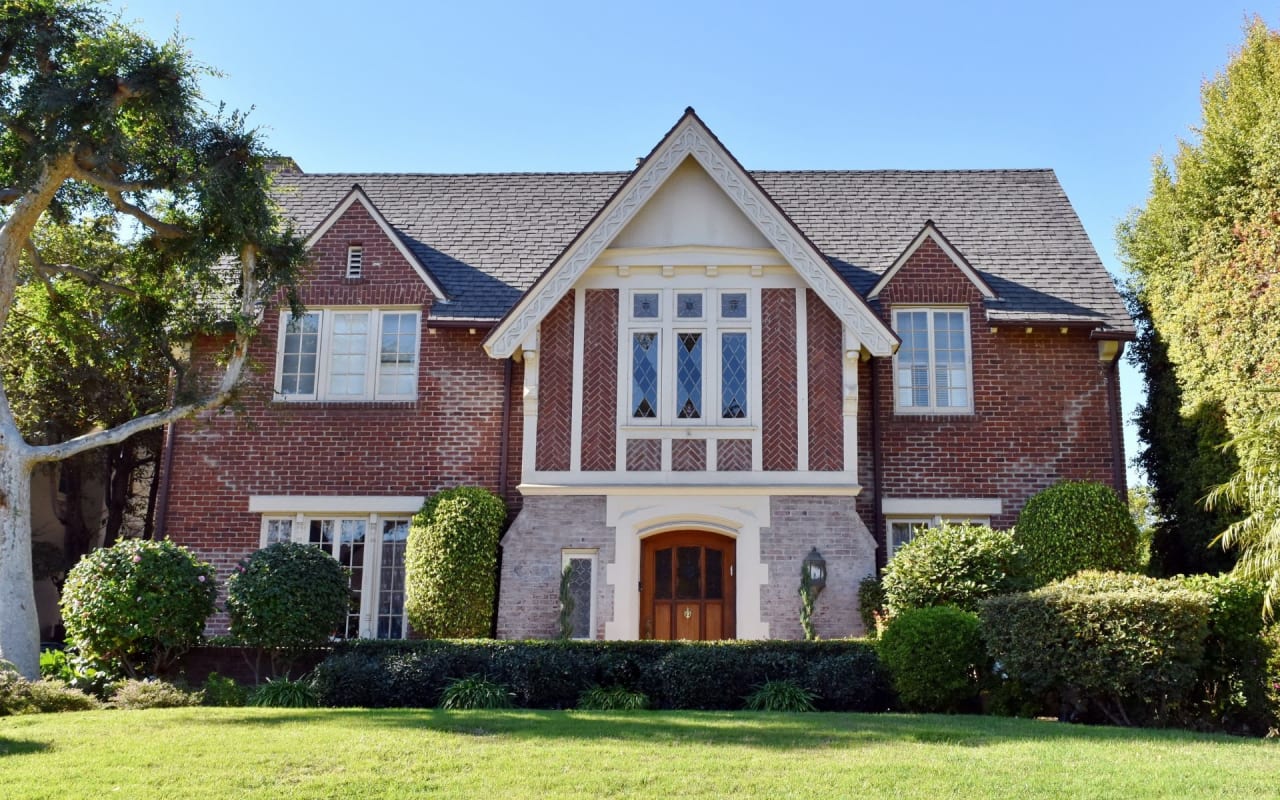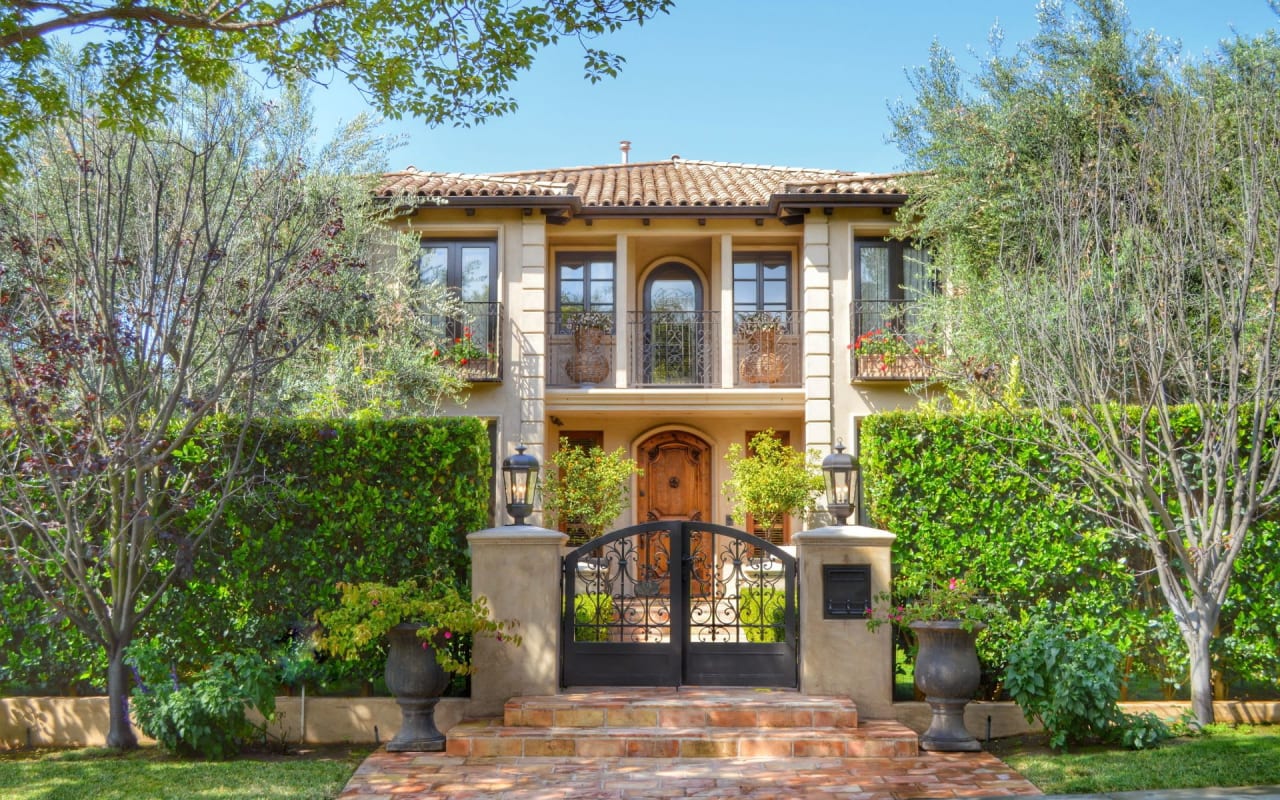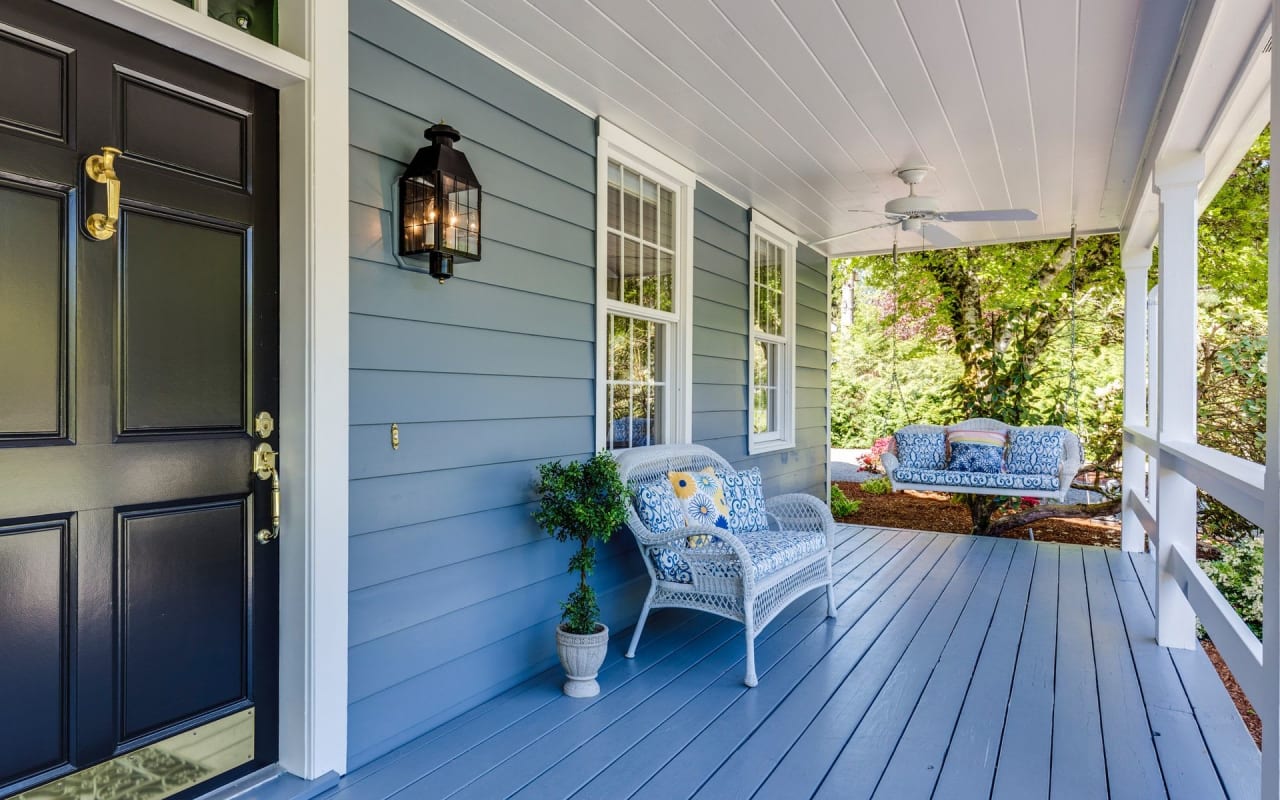You’re thinking of buying a home, and you come across an older home that is deemed historic. You love the architecture and history associated with it but wonder if buying it would be a smart decision.
Questions around how much capital will go into a historic property and whether you can expect the value of the home to increase after restoring it are normal concerns.
There is a nostalgia for purchasing a historical property for its age, historic people that resided there, or important events that occurred there.
As with any home you intend to buy, you want to understand the area it is in, whether the home will retain its value, and if there is potential to make a profit if you intend to sell it.
Historic properties are a unique type of investment compared to a newer home and one that can be an exciting journey.
Let’s explore what a historic home is and the various factors that contribute to a historic home not only retaining its value but being worth more over time.
What classifies as a historic home?
You might see many homes that look old, and you would consider them historic, but there are a few qualifications for a property to be historic.
First off, to be classified as a historic home, it must be 50 years old or older. In addition, it needs to have had an important person in history live there, a historical event occur in it, or a specific style of architecture that is special to the area.
Once that is established, you want to check the National Register of Historic Places (NRHP), a federal list of all the homes in the country that are deemed historic.
If the property meets the above requirements but isn’t on the National Register of Historic Places, check with the city or state, as they can sometimes make their own designations.
But if it isn’t on any list, you can look into getting it designated with the National Register of Historic Places.
First off, to be classified as a historic home, it must be 50 years old or older. In addition, it needs to have had an important person in history live there, a historical event occur in it, or a specific style of architecture that is special to the area.
Once that is established, you want to check the National Register of Historic Places (NRHP), a federal list of all the homes in the country that are deemed historic.
If the property meets the above requirements but isn’t on the National Register of Historic Places, check with the city or state, as they can sometimes make their own designations.
But if it isn’t on any list, you can look into getting it designated with the National Register of Historic Places.
Is it better to own in a historic district?
A home can be designated as historic and be the only one in a neighborhood, or it can be located within an area known as a historic district.
Just because a property is in a historic district does not automatically make it a historic home.
A historic district is an area of a city that has a number of historic buildings and homes that have historical significance, architecture, events, or notable people that resided there.
The goal is to preserve the look and character for future generations. Historic districts have strict guidelines as to what kind of renovations or types of preservation can be done.
In the case of a house that isn’t historic but is in a historic district will, by nature, fall under the many guidelines as the historic properties.
A home in a historic district, no matter its status, is protected and shows a higher value than a similar home outside the district most of the time.
Just because a property is in a historic district does not automatically make it a historic home.
A historic district is an area of a city that has a number of historic buildings and homes that have historical significance, architecture, events, or notable people that resided there.
The goal is to preserve the look and character for future generations. Historic districts have strict guidelines as to what kind of renovations or types of preservation can be done.
In the case of a house that isn’t historic but is in a historic district will, by nature, fall under the many guidelines as the historic properties.
A home in a historic district, no matter its status, is protected and shows a higher value than a similar home outside the district most of the time.
Value and appreciation rates
The good news for those interested in purchasing a historic home is that they retain their value even when markets take a downturn.
Over time, historic homes will hold their value more than newer homes making it a sound investment as long as you are aware of the rules and capital needed to restore such a home.
Appreciation rates, on average, are more for a historic home than one that isn’t in the same area. Besides holding their value regardless of the market’s status, they continually go up in value.
There are several factors that contribute to the value of a historic property, such as there are only so many in the entire country. Limited inventory automatically drives up the value and price.
Historic homes have an architectural style built with materials that truly last a lifetime. Usually featuring top craftsmanship that is lacking in new homes, they appeal to those that appreciate a particular style tied to its history.
Over time, historic homes will hold their value more than newer homes making it a sound investment as long as you are aware of the rules and capital needed to restore such a home.
Appreciation rates, on average, are more for a historic home than one that isn’t in the same area. Besides holding their value regardless of the market’s status, they continually go up in value.
There are several factors that contribute to the value of a historic property, such as there are only so many in the entire country. Limited inventory automatically drives up the value and price.
Historic homes have an architectural style built with materials that truly last a lifetime. Usually featuring top craftsmanship that is lacking in new homes, they appeal to those that appreciate a particular style tied to its history.
Tax credits
Initially, a buyer may only look at the purchase price and the appreciation they can expect upon buying a historic home.
But another bonus on top of an increase in value and appreciation is the tax benefits of acquiring a historic home.
Purchasing a historic home usually comes with needing to renovate and some form of preservation that can require a large amount of capital.
Old homes may need plumbing or electricity replaced among other things to keep them in working order and to the standards of being designated a historic home.
In exchange for preserving a piece of history, you may receive tax credits for doing so. Depending on the home and the work put into it, you could receive a substantial tax deduction come tax time.
Note: When making financial decisions around taxes and tax benefits, always consult a professional accountant or CPA to determine what is best for your situation.
But another bonus on top of an increase in value and appreciation is the tax benefits of acquiring a historic home.
Purchasing a historic home usually comes with needing to renovate and some form of preservation that can require a large amount of capital.
Old homes may need plumbing or electricity replaced among other things to keep them in working order and to the standards of being designated a historic home.
In exchange for preserving a piece of history, you may receive tax credits for doing so. Depending on the home and the work put into it, you could receive a substantial tax deduction come tax time.
Note: When making financial decisions around taxes and tax benefits, always consult a professional accountant or CPA to determine what is best for your situation.
Limits on renovations
Those who understand owning a historic home come with certain rules and guidelines around what can be changed or updated are up for the challenges.
But people that want to tear down sections of the house and make drastic changes will find themselves disappointed.
It is important to be aware of the regulations and know upfront before purchasing whether you are ok with them.
And any renovations that are completed must be done with the correct permits and licensed contractors completing the work so that everything stays up to code.
But people that want to tear down sections of the house and make drastic changes will find themselves disappointed.
It is important to be aware of the regulations and know upfront before purchasing whether you are ok with them.
And any renovations that are completed must be done with the correct permits and licensed contractors completing the work so that everything stays up to code.
Find the right appraiser
Whether you need to get a mortgage or are refinancing, make sure to find an appraiser who has the experience and knowledge to appraise historic homes.
This means doing your homework to find an appraiser who has appraised historic homes both in and out of a historic district.
If you don’t, an appraiser with no experience will have a tough time giving it the correct appraisal.
The last thing you want to do is renovate a historic property and then not get the appropriate appraisal amount when you need it the most.
If you are ready to begin your search for San Francisco homes, let Bonnie Spindler assist you on your journey to finding the perfect home, whether historic or new. She has the expertise to help her clients find Victorian homes for sale in San Francisco.
*Header photo courtesy of Unsplash
This means doing your homework to find an appraiser who has appraised historic homes both in and out of a historic district.
If you don’t, an appraiser with no experience will have a tough time giving it the correct appraisal.
The last thing you want to do is renovate a historic property and then not get the appropriate appraisal amount when you need it the most.
If you are ready to begin your search for San Francisco homes, let Bonnie Spindler assist you on your journey to finding the perfect home, whether historic or new. She has the expertise to help her clients find Victorian homes for sale in San Francisco.
*Header photo courtesy of Unsplash







